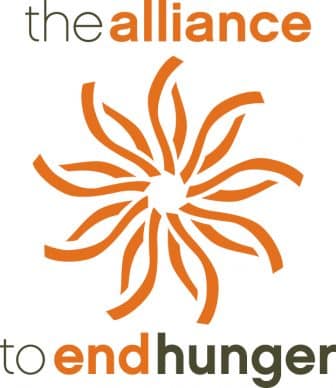What’s the big deal about climate change?
Climate change is causing hurricanes, droughts, wildfires, flooding, and cyclones. As far away as it can sometimes feel, extreme weather has a lot more to do with poverty than you might think.
When looking at the consequences of natural disasters and effects of climate change around the world, and in the US, we see how it is a humanitarian issue as well. We also know that there are more climate refugees in the world than refugees created by conflict.
Looking at the human cost of previous disasters can help us understand and find more sustainable ways to help survivors one small change at a time.
The 2004 Indian Ocean Earthquake and Tsunami

On December 26, 2004, an earthquake with a magnitude of 9.1 devastated communities. “The quake caused the ocean floor to suddenly rise by as much as 40 meters, triggering a massive tsunami,”(Reid).
It took 20 minutes for many 100-foot waves to crash into the Indonesian city of Banda Aceh. It destroyed everything in its path and took the lives of over +100,000 people. But it did not stop there.
The tsunami found its way to the coastlines of Thailand, India, Sri Lanka, and South Africa. This increased the death toll by tens of thousands. In total, 230,000 lives were lost, making this event one of the deadliest disasters in all of modern history.
But what about those survivors who were hurt and displaced? Around 1.7 million people were displaced, and the total damage was estimated to be $13 billion.
Many of these countries were not prepared for the extreme weather patterns that climate change was causing. They also did not have the resources needed to rebuild stronger.
That is why humanitarian organizations like Penny Appeal USA rely on humanitarians like you to help us respond to emergencies as soon as they happen!

The California Wildfires

California is known to be a very hot and dry state. The heat and strong winds become so bad that California has a wildfire season that takes the lives of many.
In the 2007 wildfires, a powerline was destroyed that caused power outages all across California. It also burned down 6,000 acres of land. Many farmers lost their homes, crops, and livestock.
As climate change continues to warm the Earth, hot and dry areas around the globe will be at greater risk of cyclical poverty. In places like Pakistan, loss of crops and livestock also means a loss of livelihood.
Extreme heat and less predictable weather patterns also put clean water access at risk.
Our Thirst Relief programs help to improve water access so that communities can hydrate their animals, live cleaner lives, and empower women and children!

Sustianable solutions and climate change
We believe in doing more than addressing the symptoms of poverty. That is why we focus on eradicating poverty through sustainable solutions, such as our solar-powered water centers.
So far, more than 4,000 people have benefitted from solar-powered water centers!
These incredible feats of engineering not only provide running water to the homes of up to 1,500 people and 1,000 livestock but also supply electricity and power to schools and places of worship! Placed in desert areas, they can fill a reservoir that holds three days’ worth of water. This makes sure that they do not go without it on those cloud-covered days.
All of this while being good for the environment!
How can we help?
We can’t ignore the impact of these natural disasters simply because they are always occurring. Instead, we can try and make the outcome a little less extreme by providing the proper humanitarian aid for climate refugees.
That’s why Penny Appeal USA created the climate relief fund. Tragedies of this magnitude can make you feel like there’s nothing you can do, but you can help by giving towards emergency response preparedness and clean water access!
Join the race for climate resiliency today by donating to the climate relief fund!
Blog post written by #TeamOrange volunteer: Afnan Abbasi










